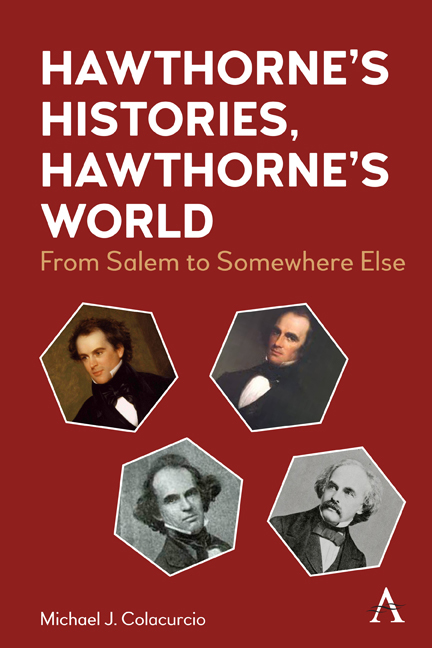Book contents
- Frontmatter
- Dedication
- Epigraphy
- Contents
- Acknowledgments
- Preface
- Introduction The Moral of the Story
- Chapter 1 Walnut
- Chapter 2 J. O.
- Chapter 3 Forgiveness and the Thin Red Line
- Chapter 4 “I Got Nothing!”
- Chapter 5 “It’s an Important Political Problem. I Should Know about It.” Agency
- Chapter 6 Nicole’s Father is NOT German! The Moral Salience of Difference
- Chapter 7 Science Fiction Fantasy, Moral Imagination and the Ability to Conceptualize Your Way Out of a Problem
- Chapter 8 Passion
- Chapter 9 Cat
- Chapter 10 Best Friends Forever
- Chapter 11 Wretched, Slacker Disney Child
- Chapter 12 Chloe, Nicole and the Elephant in the Parlor: The Last Lecture and Some Final Thoughts on Ethics and Character
- Notes
- References
- Index
- Frontmatter
- Dedication
- Epigraphy
- Contents
- Acknowledgments
- Preface
- Introduction The Moral of the Story
- Chapter 1 Walnut
- Chapter 2 J. O.
- Chapter 3 Forgiveness and the Thin Red Line
- Chapter 4 “I Got Nothing!”
- Chapter 5 “It’s an Important Political Problem. I Should Know about It.” Agency
- Chapter 6 Nicole’s Father is NOT German! The Moral Salience of Difference
- Chapter 7 Science Fiction Fantasy, Moral Imagination and the Ability to Conceptualize Your Way Out of a Problem
- Chapter 8 Passion
- Chapter 9 Cat
- Chapter 10 Best Friends Forever
- Chapter 11 Wretched, Slacker Disney Child
- Chapter 12 Chloe, Nicole and the Elephant in the Parlor: The Last Lecture and Some Final Thoughts on Ethics and Character
- Notes
- References
- Index
Summary
WE TELL OURSELVES STORIES IN ORDER TO LIVE
I sometimes think of legacy. Not in terms of money but more a concern about what I am leaving behind for my children, for my students, maybe for the world. This is not a new phenomenon for me. Always a self-serious little girl, I focus— overly dramatically, I have long realized— on the big questions. I remember riding my bike when I was nine, stopping on the little pier overlooking Pine Lake, looking at the lake and wondering if I deserved to live. For some reason, I decided that if I could think of one good act I had done for someone else, not for self-aggrandizement or praise but simply and generously to help that other person, then I would deserve to live. If not, I would throw myself off the pier and be drowned in Pine Lake. In fact, the pier was certainly no more than five feet above the water. I was an excellent swimmer, and the water was between three and maybe four feet deep at that particular place. All that would have happened is that I would have scrapped my legs, gotten wet and had to explain to my down-to-earth Midwestern mother what in the world was going through her daughter's melodramatic head. Fortunately for all concerned, I thought of one good deed. I cannot now recall what that deed was but it was as if a box were checked. “Am I a good person, worthy of living? Check! Asked and answered. Move on to the next thing.” The tendency to think about myself in the universe and where I stand thus is not a new one.
A far more modest variant of that question perhaps remains relevant here, as at the beginning of any book: what do I have to say in this book that is of any interest to anyone else?
I have learned a few things over the years, especially about writing and teaching. First, many of us write for ourselves. We write to help us puzzle out and understand what is going on around us, to realize what just happened, to discover what sense we can in a world that too often confounds.
- Type
- Chapter
- Information
- The Unspoken Morality of ChildhoodFamily, Friendship, Self-Esteem and the Wisdom of the Everyday, pp. xvii - xxPublisher: Anthem PressPrint publication year: 2022

